Let me get straight to it:
Tennessee has the highest maternal mortality rate in the country.
That should stop all of us in our tracks. But for me, it hits deeper. As a therapist, as a Black woman, and as a mother — this is more than a headline. It’s personal.
I’ve sat with too many women who’ve had to push through postpartum with no support.
I’ve heard the stories of mothers dismissed when they say something doesn’t feel right.
And I’ve lived parts of it myself…















